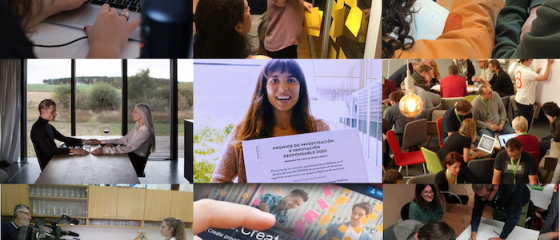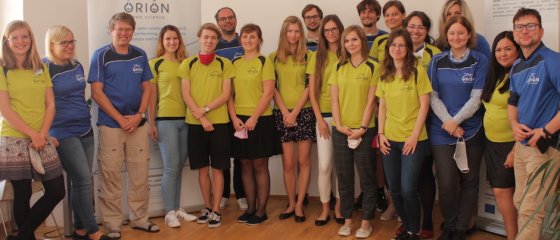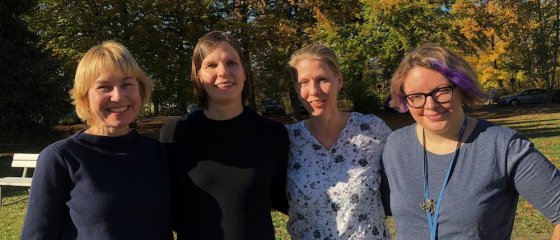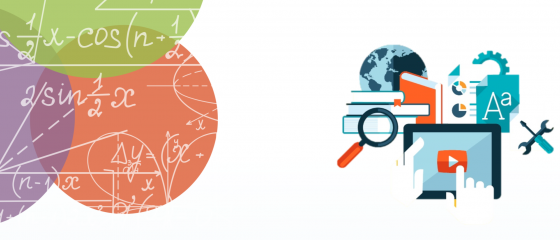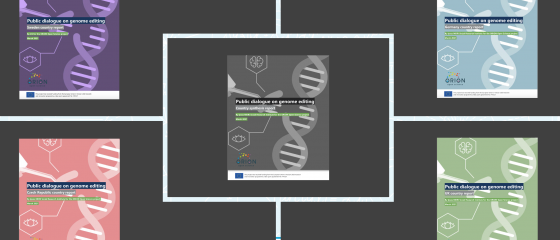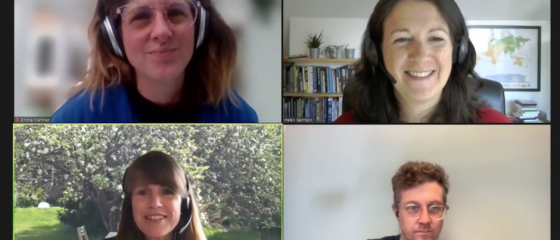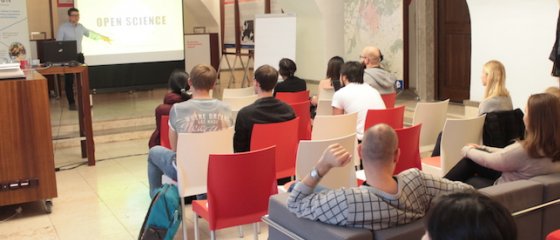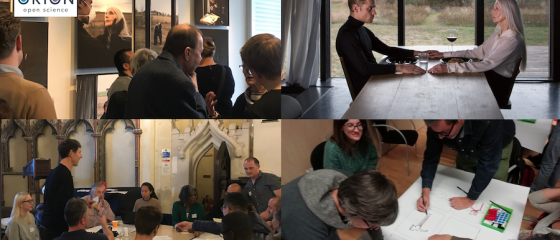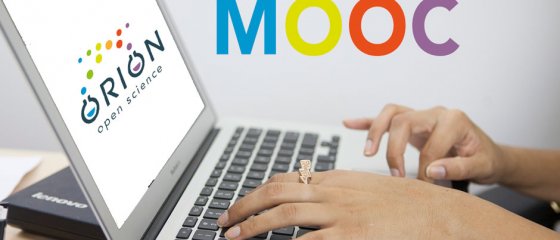ORION Open Science has ended but the journey towards open science has only just begun
Public dialogues, citizen science, game development, co-creation activities and action plans on open science. For 4.5 years, the ORION Open Science project consisting of 8 European partners has been testing different ways to involve the public and other stakeholders in the research process. The aim of the project was to investigate how research and funding organisations can "open up" the way they fund and do research.
